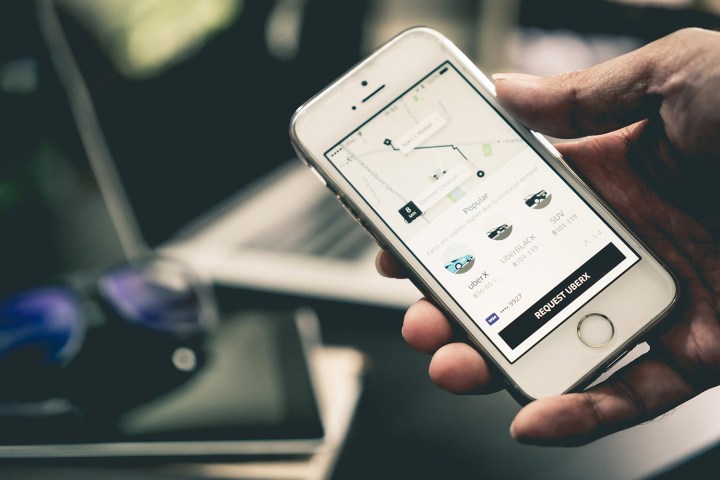
Legislators in California just passed a bill requiring app-based companies like Uber and Lyft to treat their contractors the same way they treat regular employees.
The New York Times reports that the bill, known as Assembly Bill 5, was approved in the California State Senate on a 29-to-11 vote on Tuesday, September 10. Once California Gov. Gavin Newsom signs the bill, it would go into effect January 1, 2020.
The bill would make app-based companies identify contractors as regular employees of the company. According to the New York Times, this applies to companies that have control over how its contractors perform tasks and if the contractors’ work contributes to the companies’ regular business. Under the bill, contractors would be eligible for basic protections like minimum-wage requirements, health benefits, and Social Security.
Assembly Bill 5 states that “The misclassification of workers as independent contractors has been a significant factor in the erosion of the middle class and the rise in income inequality.”
Side-gig companies like Uber, Lyft, Postmates, Wag! and more rely on independent contractors as a core value of their businesses. It gives people the flexibility to work when they want; however, the new bill could change that.
In theory, the bill would be a good thing for contract employees, but opponents of the bill argue that costs for services would go up, and that worker flexibility, which has been a major characteristic of app-based companies, would be compromised.
“Today, our state’s political leadership missed an important opportunity to support the overwhelming majority of rideshare drivers who want a thoughtful solution that balances flexibility with an earnings standard and benefits,” Adrian Durbin, a Lyft spokesperson, told the New York Times.
Lyft, along with Uber and Door Dash, has joined forces to spend $90 million for a 2020 ballot initiative that would exempt them from Assembly Bill 5. These companies say that the initiative would provide their contractors with more benefits without taking away their contractor status.
Contractors of these companies, however, might think otherwise. In May, Uber and Lyft drivers around the globe participated in a strike to protest their working conditions. Drivers demanded higher wages, more transparency when it comes to rates, and more transparent policies on how the rideshare companies figure out their cut.
Digital Trends reached out to Lyft, Uber, and Door Dash to comment on the bill, but we haven’t received a response yet.
Editors' Recommendations
- Uber and Lyft shutdown averted in California after court decision
- Uber and Lyft might adopt a franchise business model in California
- Uber might shut down its app in California over how employees are classified
- Uber responds to gig-economy law by testing driver-led bidding system




